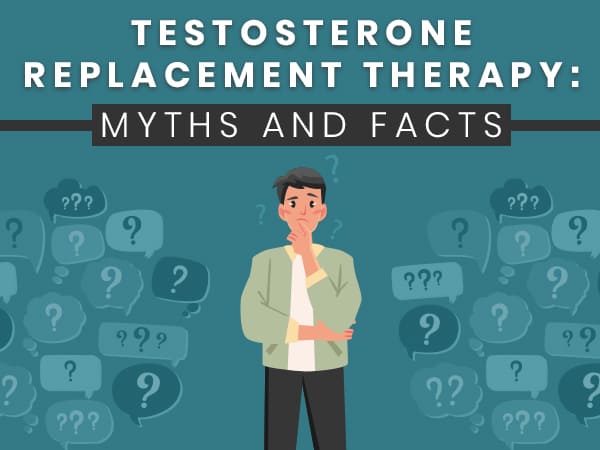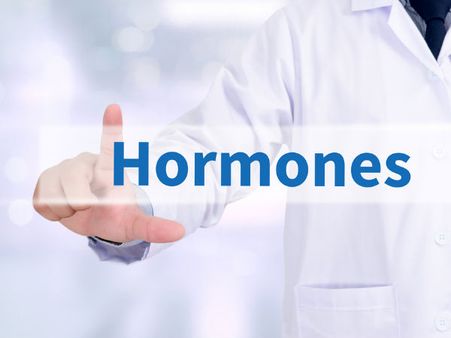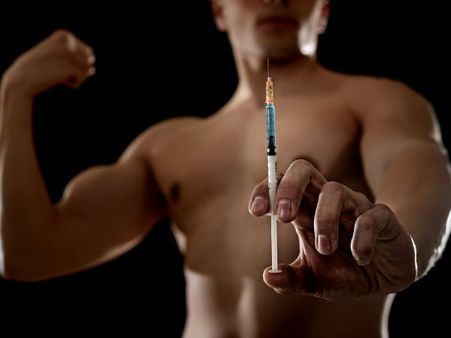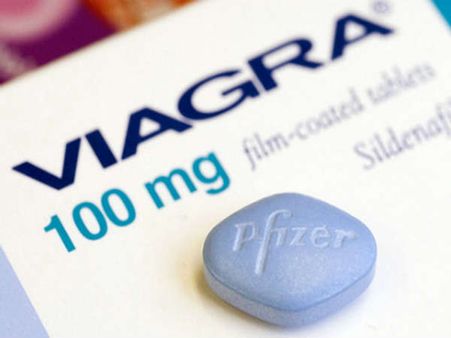Just In
- 1 hr ago

- 2 hrs ago

- 3 hrs ago

- 11 hrs ago

Don't Miss
- Sports
 IPL 2024: RCB to Play 250th IPL Match Today - Records by Seasons, Win Percentage, Latest Stats So Far
IPL 2024: RCB to Play 250th IPL Match Today - Records by Seasons, Win Percentage, Latest Stats So Far - Finance
 JPMorgan CEO Jamie Dimon Hails PM Modi's Economic Reforms, Urges US to Follow Suit; Details
JPMorgan CEO Jamie Dimon Hails PM Modi's Economic Reforms, Urges US to Follow Suit; Details - Movies
 Do Aur Do Pyaar Box Office Collection Day 6: Vidya-Pratik's Rom-Com Remains Steady; Crosses 3 Cr Mark
Do Aur Do Pyaar Box Office Collection Day 6: Vidya-Pratik's Rom-Com Remains Steady; Crosses 3 Cr Mark - News
 Illegal Streaming Of IPL Case: Mumbai Police Issues Summons To Actress Tamannaah
Illegal Streaming Of IPL Case: Mumbai Police Issues Summons To Actress Tamannaah - Automobiles
 New Features Of The Ultraviolette F77 Mach 2: Uniting Performance, Safety, And Technology
New Features Of The Ultraviolette F77 Mach 2: Uniting Performance, Safety, And Technology - Education
 JEE Main Result 2024 Out, Telangana's 15 Toppers Shine, Check Statewise List of 56 Candidates with Perfect 100
JEE Main Result 2024 Out, Telangana's 15 Toppers Shine, Check Statewise List of 56 Candidates with Perfect 100 - Travel
 Escape to Kalimpong, Gangtok, and Darjeeling with IRCTC's Tour Package; Check Itinerary
Escape to Kalimpong, Gangtok, and Darjeeling with IRCTC's Tour Package; Check Itinerary - Technology
 OPPO Find X7 Ultra Camera Deep-Dive: Pushing the Boundaries of Photography on a Smartphone
OPPO Find X7 Ultra Camera Deep-Dive: Pushing the Boundaries of Photography on a Smartphone
Men’s Health Month 2020: Myths And Facts About Testosterone Replacement Therapy
Men's health month is celebrated every year in June. The Men's health month is all about encouraging men to take care of their health by eating right, exercising, staying mentally fit and identifying diseases at an early stage and prevent them.

Not to mention, men are less likely to visit a doctor until they are 100 per cent not feeling well. They often put their busy life schedule and family responsibilities first, while ignoring their health conditions, until they get severe.
Low testosterone is a common problem faced by men. Testosterone replacement therapy offers multiple benefits to treat the condition. There are certain misconceptions regarding the therapy that makes men opt it out from their list. This article will help you know more about the therapy and its benefits. Take a look.


What Is Testosterone?
Testosterone is a male hormone that gives male their deep voices, facial and body hair, muscles and other male characteristics that distinguish them from a female. The hormone plays a vital role in sperm production, increased libido and normal erectile function. Testosterone also helps boost mood, improves red blood cell productions and helps with cognition.

Why Low Testosterone Is A Concern?
Low testosterone (Low T), also known as Testosterone Deficiency Syndrome (TD) or hypogonadism is a condition characterised by reduced production of testosterone. A study says that around 25 per cent of men face Low T issues.
Low T is common in men who have existing conditions such as diabetes, asthma, hypertension, prostate disease, obesity, metabolic syndrome or respiratory diseases. According to a Harvard expert named Abraham Morgentaler (MD), the levels of testosterone declines by 1 per cent every year after 40 years. This makes the condition more common in older adults. However, there are several studies which say that the condition can also affect young adults (below 30). [1]


Symptoms Of Low Testosterone
When T gets low, many symptoms arise in men such as the following: [2]
- Loss of libido (low sexual desire)
- Depression
- Loss of muscles
- Loss of facial and pubic hair
- Irritation
- Erectile dysfunction (fewer or weaker erection)
- Delayed ejaculation
- More body fat
- Growth of breast tissues
- Mood changes
- Insomnia
- Unexplained fatigue
- Low iron
- Bone loss (osteopenia)

Why Testosterone Replacement Therapy Is Important?
In the year 1972, the U.S. Food and Drug Administration first approved the TRT. It was prescribed for men to improve their quality of life. In a study based on clinical trials, TRT has shown an increase in the body mass of men, reduction in cholesterol levels and overall, an improvement in the quality of life. [3]
TRT is important as it helps solve sexual problems in men and other psychological issues such as mood changes which are affecting their daily lives.

Myths And Facts About Testosterone Replacement Therapy
Myth #1: Low levels of testosterone isn't a big deal.
Fact: Low T levels is a big deal as it is not only related to sexual health, but also to overall health. Prolonged untreated Low T levels can increase the risk of heart disease, osteoporosis, depression and lung diseases.
Myth #2: Testosterone levels indicate how masculine you are.
Fact: Though testosterone is associated with masculinity, its low levels do not mean that you are not masculine. Low T is a hormonal problem, not a chromosomal problem. While the prior can be corrected by TRT or lifestyle changes, the latter is developed from birth and is not a medical condition that needs treatment. [4]
Myth #3: TRT increases the risk of prostate cancer.
Fact: The risk of prostate cancer after TRT is not supported by scientific evidence. If some clinical trials or blind study mentions about their connection, only TRT might not be the reason for the same. [5]
Myth #4: Anyone can go for a TRT.
Fact: Testosterone Replacement Therapy or TRT is not for everyone. It is for those men who show the aforementioned symptoms followed by certain blood tests to analyse their testosterone levels. If the results are confirmed, they are then recommended for TRT.
Myth #5: Low T is a birth defect
Fact: No, testosterone deficiency is not a birth defect but a person's poor lifestyle choices can cause them the condition. For example, smoking or consumption of tobacco for a prolonged period can cause a reduction in the sperm count and lead to Low T levels. However, the study needs more scientific evidence. [6]
Myth #6: Testosterone supplements increase sperm count.
Fact: Many men have a misconception that more testosterone means more sperm count. But that's not true. Actually, these supplements cause infertility in men. The pituitary gland releases the follicle stimulating hormone (FSH) and luteinizing hormone (LH) which in turn, release testosterone. Altogether, they contribute to sperm production.
When T supplements are taken, the pituitary gland thinks that FSH and LH are already secreted in high amount and thus, stops their production. Though a person will experience a proper erection after having supplements, their sperm count will be low in the semen produced. TRT is considered a better option as it is recommended only after evaluating every circumstance.
Myth #7: TRT can increase the risk of urinary retention.
Fact: In a study conducted on 120 men with hypogonadism for 10 years, it was found that TRT is actually linked to a lower risk of urinary tract symptoms. [7]

To Conclude
When the testosterone deficiency symptoms become bothersome, one must consult a medical expert soon. Avoid going for market-based viagra or medications that promise to boost masculinity. It is better to go for a blood test to check your testosterone levels. You can also consider doing sperm analysis to check your sperm count, no matter you have Low T levels. This is because people with average or low T levels can also have appropriate sperm count.
If you are in a TRT, follow the doctor's advice properly. Also, consult a doctor if you notice any risky symptoms like chest pain or weakness.
-
 wellnessTestosterone Promotes 'Cuddling' Behaviour And Not Just Aggression: Insights From New Study
wellnessTestosterone Promotes 'Cuddling' Behaviour And Not Just Aggression: Insights From New Study -
 disorders cureAnaemia In Men: Possible Causes And Symptoms
disorders cureAnaemia In Men: Possible Causes And Symptoms -
 disorders cureWhat Happens If Testosterone Is High In Women? Causes, Symptoms And Treatments Of Hyperandrogenemia
disorders cureWhat Happens If Testosterone Is High In Women? Causes, Symptoms And Treatments Of Hyperandrogenemia -
 disorders cureOrchitis (Inflammation Of The Testicles): Causes, Symptoms, Risk Factors And Treatments
disorders cureOrchitis (Inflammation Of The Testicles): Causes, Symptoms, Risk Factors And Treatments -
 wellness8 Foods That Lower Your Testosterone Levels
wellness8 Foods That Lower Your Testosterone Levels -
 wellnessDoes Intermittent Fasting Boost Testosterone
wellnessDoes Intermittent Fasting Boost Testosterone -
 wellnessTestosterone Increases Impulsive Behaviour In Men: Study
wellnessTestosterone Increases Impulsive Behaviour In Men: Study -
 wellnessDo Hot Flashes Occur In Men?
wellnessDo Hot Flashes Occur In Men? -
 wellnessHaving Low Sex Drive? Talk To A Doctor Or Your Partner Before Going For Testosterone Treatment
wellnessHaving Low Sex Drive? Talk To A Doctor Or Your Partner Before Going For Testosterone Treatment -
 wellnessFoods For Boosting Testosterone In Women
wellnessFoods For Boosting Testosterone In Women -
 wellnessReasons Why Men Wake Up With An Erection
wellnessReasons Why Men Wake Up With An Erection -
 wellnessAre You Tired After First Innings?
wellnessAre You Tired After First Innings?


 Click it and Unblock the Notifications
Click it and Unblock the Notifications




